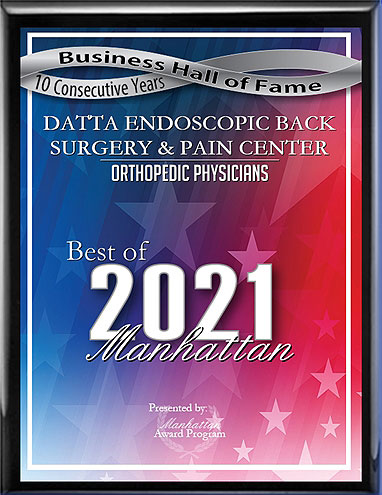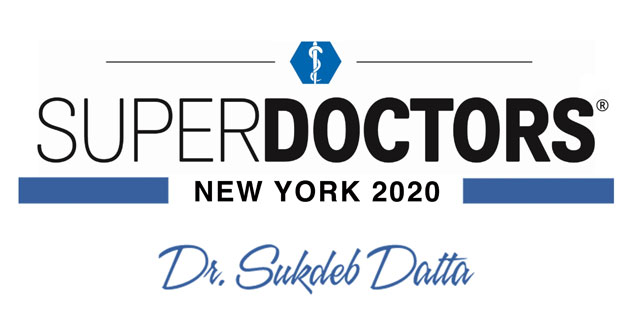Herniated discs vary in terms of how severe the symptoms are and how they manifest themselves. In addition, some cases respond better to certain treatments than others do. Your doctor will be able to identify which herniated disc treatment option is best for you, but it's a good idea to go into treatment with an understanding of the basics.
Physical Therapy
Lack of core strength and poor spinal alignment can both contribute to the severity of herniated disc symptoms. Physical therapy addresses those issues, while giving the patients exercises that can be continued at home to continue to keep symptoms at bay. This herniated disc treatment option is often used even in cases where another treatment, such as surgery, is introduced.
Chiropractic Treatment
Like physical therapy, chiropractic treatment can improve alignment and possibly the flow of nutrients to the disc. It's important to find a trusted chiropractor and visit him in conjunction with visits to your medical doctor.
Non-Steroidal Ant-Inflammatory Drugs (NSAIDs)
Over-the-counter (OTC) medications like ibuprofen and naproxen sodium are effective at reducing inflammation, which is a main contributor to the symptoms of a herniated disc.
Steroid Injections
In cases where inflammation is a major concern but NSAIDs are ineffective, steroids can be injected near the affected disc. Steroid injections mimic chemical produced by your own body, which contribute to reduced inflammation.
Surgery
It's not uncommon for surgery to be necessary for a herniated disc, but neither is it needed in a majority of cases. When surgery is called for, most cases of herniated discs can be treated using laser spine surgery, a minimally invasive surgical procedure.
Ultimately, only a doctor will be able to determine the best herniated disc treatment option for you; no one else has a combination of medical expertise and familiarity with your situation and medical history. To schedule a consultation today, please click below and enter your information or call the Datta Endoscopic Back Surgery and Pain Center at (646) 374-1799.
Physical Therapy
Lack of core strength and poor spinal alignment can both contribute to the severity of herniated disc symptoms. Physical therapy addresses those issues, while giving the patients exercises that can be continued at home to continue to keep symptoms at bay. This herniated disc treatment option is often used even in cases where another treatment, such as surgery, is introduced.
Chiropractic Treatment
Like physical therapy, chiropractic treatment can improve alignment and possibly the flow of nutrients to the disc. It's important to find a trusted chiropractor and visit him in conjunction with visits to your medical doctor.
Non-Steroidal Ant-Inflammatory Drugs (NSAIDs)
Over-the-counter (OTC) medications like ibuprofen and naproxen sodium are effective at reducing inflammation, which is a main contributor to the symptoms of a herniated disc.
Steroid Injections
In cases where inflammation is a major concern but NSAIDs are ineffective, steroids can be injected near the affected disc. Steroid injections mimic chemical produced by your own body, which contribute to reduced inflammation.
Surgery
It's not uncommon for surgery to be necessary for a herniated disc, but neither is it needed in a majority of cases. When surgery is called for, most cases of herniated discs can be treated using laser spine surgery, a minimally invasive surgical procedure.
Ultimately, only a doctor will be able to determine the best herniated disc treatment option for you; no one else has a combination of medical expertise and familiarity with your situation and medical history. To schedule a consultation today, please click below and enter your information or call the Datta Endoscopic Back Surgery and Pain Center at (646) 374-1799.






 EDISCSCULPT
EDISCSCULPT



